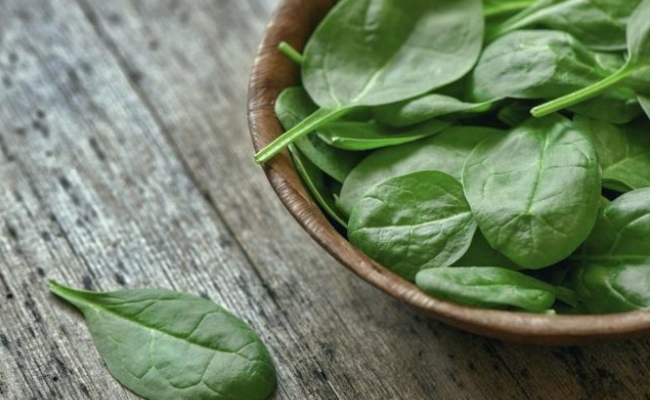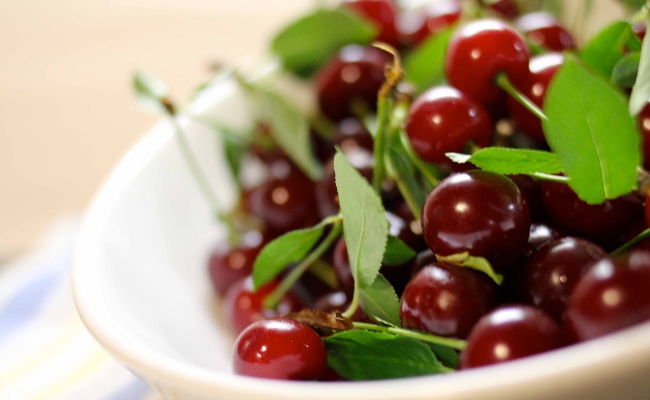Table of Contents
It is an evident fact that chronic inflammation is the root cause of several illnesses including some types of cancer, heart disorders, arthritis etc. Inflammation is a kind of immune response and without it, the body can’t get healed. However, when this condition is out of control then it can lead to serious conditions such as rheumatoid arthritis. You might have noticed that inflammation on the body’s surface as swelling, red patches, heat, and pain.
The foods we consume regularly show a vast impact on our body’s immune system. For instance, foods that are rich in saturated fats and sugar can spur inflammation. Consuming such foods can impact the optimal functioning of the immune system and can lead to conditions such as joint pain, lethargy etc.
Also, there are certain foods which can help curb inflammation.
Below Is The List Of The Top 12 Anti-inflammatory Foods You Need To Add To Your Plate:
Oily Fish:
Oily fish varieties such as salmon are rich in omega 3s and can help in lowering inflammation. To reap the best out of it, you need to consume fish several times a week. Few studies have mentioned that people who consumed tuna, mackerel, and other such fatty fish varieties have lesser chances of developing heart disorders.
Soy Products:
According to a few research studies, estrogen-like compounds such as isoflavones are present in soy products and can help in lowering the inflammation and CRP in women. However, you need to avoid consuming heavily-processed soy products as they might not have the same benefits and usually contain added preservatives.
Dark Green Veggies:
Few studies have claimed that vitamin E is very helpful in protecting the body against the pro-inflammatory molecules known as cytokines. You can get healthy doses of this vitamin from the green veggies such as kale, spinach, collard greens etc.
Cruciferous veggies such as broccoli, cabbage, Brussels sprouts etc. and dark green leafy veggies have large doses of vitamin A, iron, calcium, and phytochemicals.
Peppers:
Colorful peppers are loaded with high doses of antioxidants and lower levels of starch. Bell peppers have a compound known as capsaicin a chemical which is included in topical creams to reduce inflammation and pain. However, people having rheumatoid arthritis must avoid consuming peppers as they can exacerbate inflammation.
Whole Grains:
Whole grains are lot more healthy when compared to the refined ones. Whole grain cereal, bread, pasta, and other such varieties contain a good dose of fiber as well and play a crucial role in curbing inflammation. The reason behind this fact is that fiber helps in lowering the C-reactive protein, a compound that triggers inflammation. Also, whole grain varieties have less added sugars.
Nuts:
Nuts contain inflammation combating healthy fats which are rich in fiber, vitamin E, calcium etc. For instance, walnuts have good amounts of omega 3s. All the varieties of nuts are loaded with antioxidants which help our body to combat inflammation. In fact, nuts are also included in the part of Mediterranean diet which helps reduce inflammation within a period of six weeks.
Ginger:
Ginger is one of the kitchen ingredients that helps treat several ailments right from stomach upset to heart problems. Ginger is known to have potent anti-inflammatory compounds and helps in reducing inflammation. A cup of warm ginger tea helps in combating free radicals that cause inflammation.
Tomatoes:
Few studies have mentioned that tomatoes can help in reducing inflammation. Tomatoes have a compound known as lycopene that help in lowering inflammation. Cooked tomatoes contain more lycopene than the raw ones. You may even consume tomato juice regularly.
Tart Cherries:
Few studies have revealed that tart cherries contain the highest dose of anti-inflammatory compounds. People who consume tart cherry juice have improved their athletic performance and even reduced the usage of anti-inflammatory pain medications.
Low-Fat Dairy Products:
Milk products could sometimes trigger inflammation and diseases such as rheumatoid arthritis as some people have an allergy to casein, a kind of protein found in dairy products. However, people who don’t have lactose intolerance can pick low-fat dairy products, nonfat products etc.
Beetroot:
The pinkish-hued beetroot contains a bunch of antioxidants and healthy compounds. Beetroot juice, when consumed regularly, helps in reducing inflammation and protects from heart diseases and cancer, thanks to the plant pigments known as betalains, vitamin C, and fiber in it.
Berries:
Fruits contain lesser fats, calories, and a high dose of antioxidants which help in combating inflammation. Berries have anti-inflammatory properties because of the anthocyanins in it, the chemicals that are responsible for their color. Few studies have mentioned that women who include strawberries in their regular diet have lesser levels of CRP (a triggering agent that causes inflammation) in the blood.













